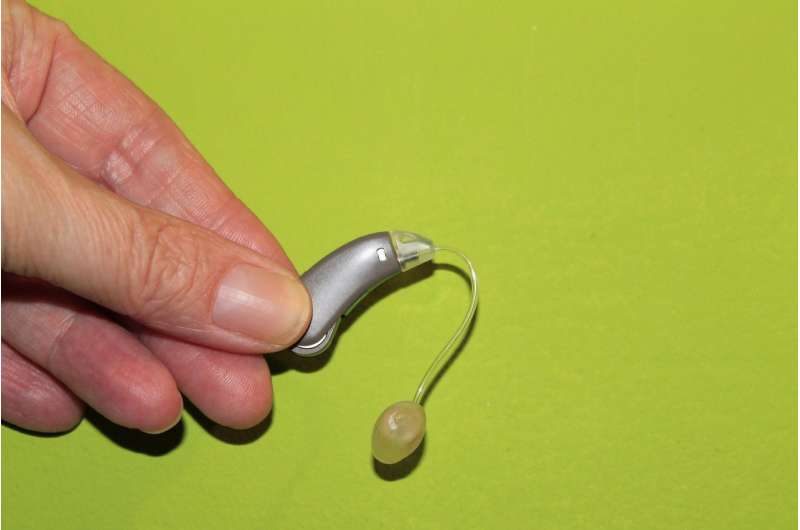Discovery of a Key Chemical that Enhances Esophageal and Upper Stomach Muscle Movement

A groundbreaking study reveals how the bodily chemical PAF stimulates muscle contractions in the esophagus and upper stomach, offering new insights into digestive and allergic conditions.
Researchers have identified a naturally occurring bodily substance called platelet-activating factor (PAF) that significantly stimulates muscle contractions in the digestive system, particularly affecting the esophagus and the upper part of the stomach. This breakthrough research, led by Dr. Kento Yoshioka, Dr. Keisuke Obara, and Professor Yoshio Tanaka from Toho University’s Department of Chemical Pharmacology, offers new insights into gastrointestinal motility.
Published in the journal Biological and Pharmaceutical Bulletin, the study reveals that PAF plays a crucial role in bodily responses during allergic reactions and inflammation. While previous studies recognized its effect on certain areas of the digestive tract, this research specifically uncovers PAF’s potent influence on the esophagus and gastric fundus, regions sharing developmental origins.
In experiments involving rats, the scientists observed that PAF induces strong muscular contractions in these areas, which could be linked to normal digestive functions. Conversely, in other parts of the intestine such as the small intestine and colon, PAF exerted milder effects but still prompted rhythmic muscle movements in the ascending colon. These movements are associated with chronic digestive conditions like inflammatory bowel disease.
Visual diagrams from the study illustrate how PAF impacts different digestive segments, emphasizing its potential involvement in both healthy digestion and pathological states like acid reflux or food allergies. As PAF is also implicated in severe allergic responses, understanding its role offers promising avenues for developing targeted treatments.
This research paves the way for innovative therapies aimed at blocking PAF’s effects, which may alleviate symptoms in various gastrointestinal and allergic disorders, ultimately improving patient quality of life.
For more detailed insights, refer to the original publication by Obara et al., titled "Platelet-Activating Factor (PAF) Induces Strong Mechanical Activities Accompanied by Basal Tension Increases in Esophageal and Gastric Fundus Smooth Muscles from Rat," in Biological and Pharmaceutical Bulletin (2025).
Stay Updated with Mia's Feed
Get the latest health & wellness insights delivered straight to your inbox.
Related Articles
Innovative Multilingual AI Chatbot Enhances Emergency Department Triage for Bilingual Patients
Researchers at UNSW are developing a multilingual AI chatbot to improve emergency department triage accuracy for bilingual patients, addressing language and cultural barriers in urgent healthcare settings.
Improving Hearing Care May Help Reduce Social Isolation in Seniors
Addressing hearing loss in older adults through proper care and hearing aids can significantly help reduce social isolation and loneliness, improving overall health and well-being.
New Treatment Approach for Dizziness and Heart Race After Standing
Recent studies reveal that ivabradine, a heart failure medication, may provide significant relief for POTS patients by controlling abnormal heart rate surges, improving symptoms and quality of life.
Debunking Concerns About Calcium Supplements and Dementia Risk
New research shows that calcium supplements do not increase dementia risk in older women, reassuring clinicians and patients about their safety for brain health.



